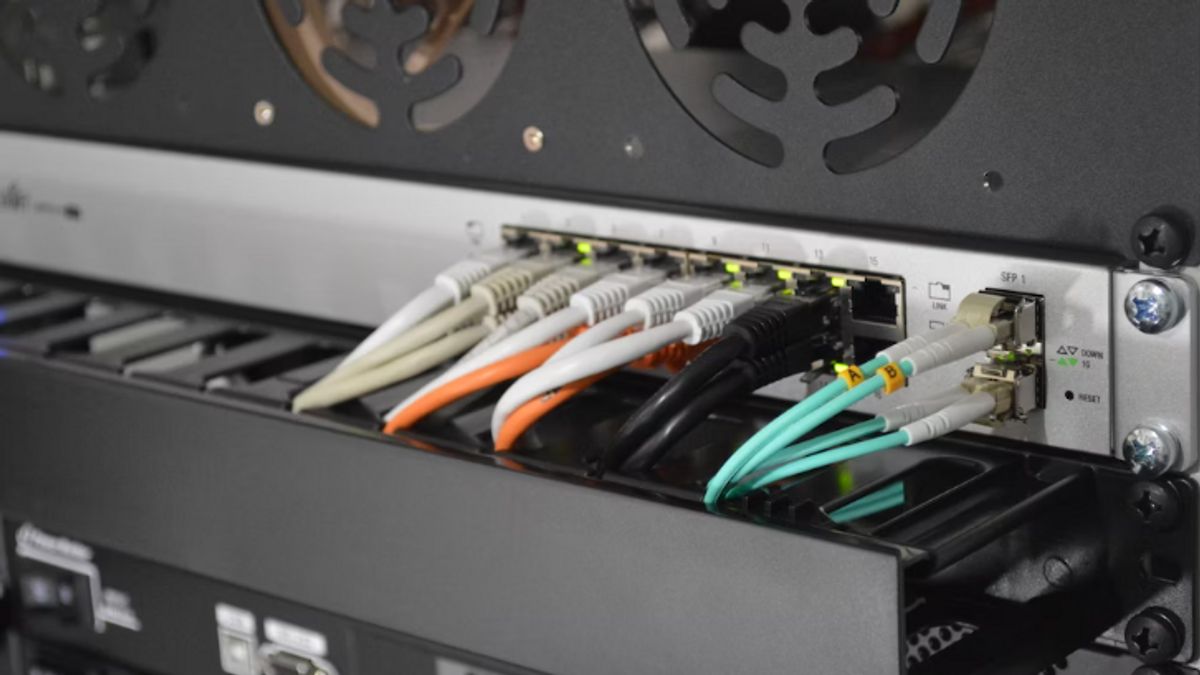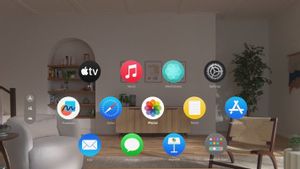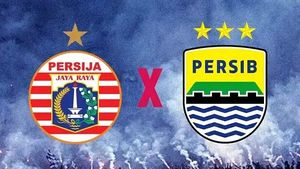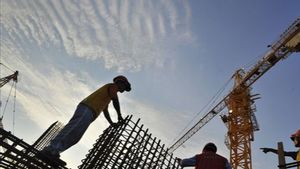YOGYAKARTA In general, bus topology is one way that is used to connect computers to form a network. This type of topology is often used by considering the advantages and disadvantages of the topology of the bus itself.
This article will try to explain the understanding to the advantages and disadvantages of bus topology in computer and network technology.
Topology of computer networks is a method used to connect one computer with another. Connectivity between computers is done with cables or without cables so that each computer can connect and be able to establish communication and allow data exchange.
In practice, there are various types of topologies used, one of which is called the topology of buses. On the Computerhope website, it is explained that the topology of buses or also known as the line topology is a network setting in which each computer and network device are connected to one cable. Usually, the topology of this type of network is carried out on network installation with a coaxial cable base used along the client nodes and connectors.
In simple terms, the topological work principle of buses is to make one computer device used as a server. Meanwhile, the network will be broken down and connected to other computers using buses.
SEE ALSO:
Topology of buses is chosen by considering its various advantages and disadvantages. The following is the overabundance of the bus topology.
Despite having several advantages, the topology of buses also has its own shortcomings that must be known, namely as follows.
In addition to knowing the topology of buses, it is also recommended to find out the types of computer networks in the world of technology.
That's information regarding the advantages and shortages of bus topology. Visit VOI.ID to get other interesting information.
The English, Chinese, Japanese, Arabic, and French versions are automatically generated by the AI. So there may still be inaccuracies in translating, please always see Indonesian as our main language. (system supported by DigitalSiber.id)


















